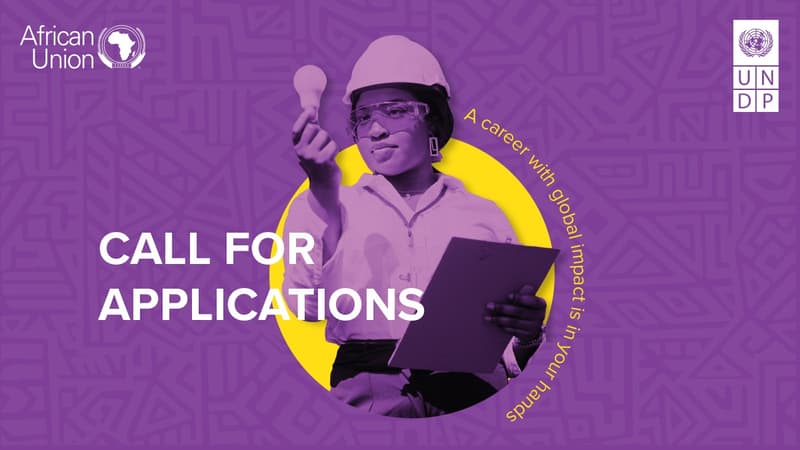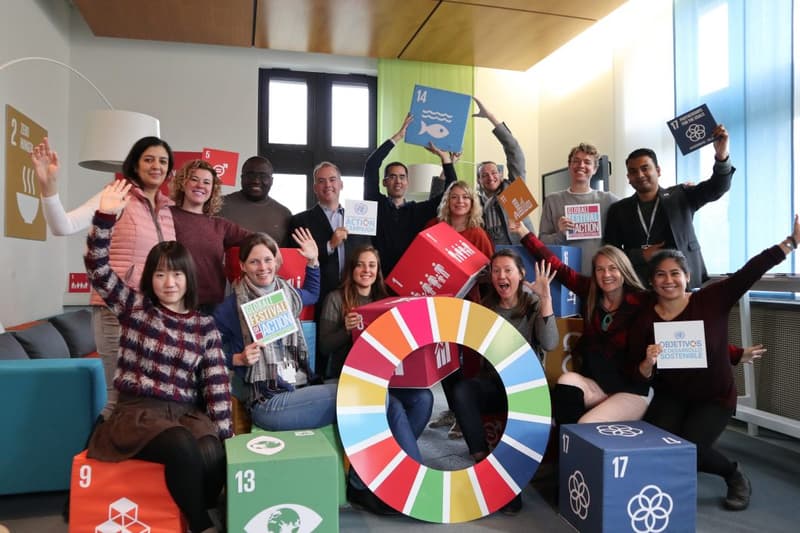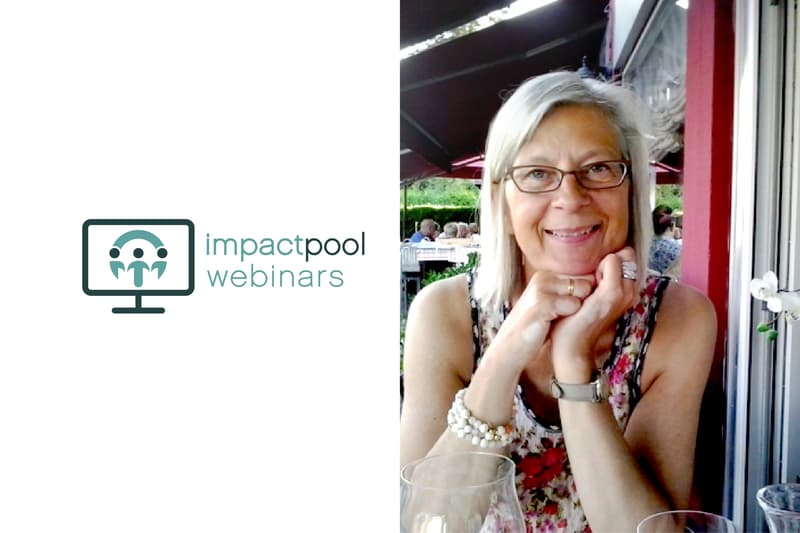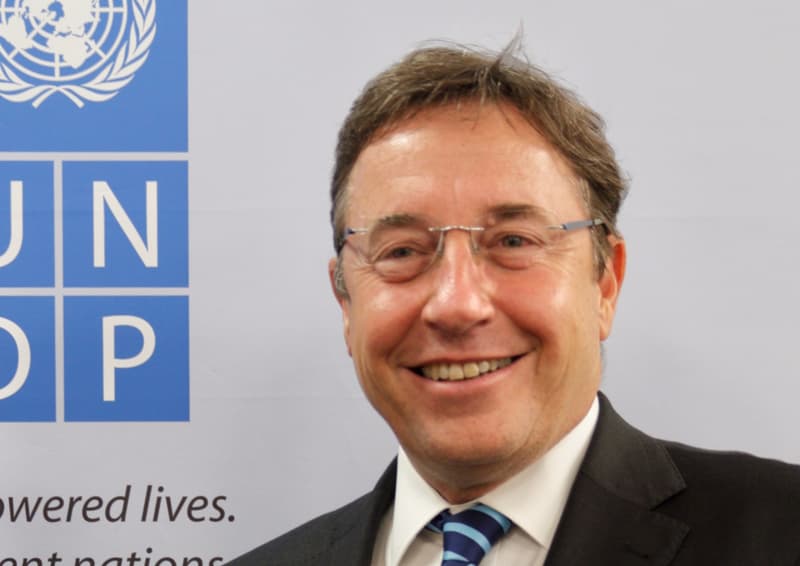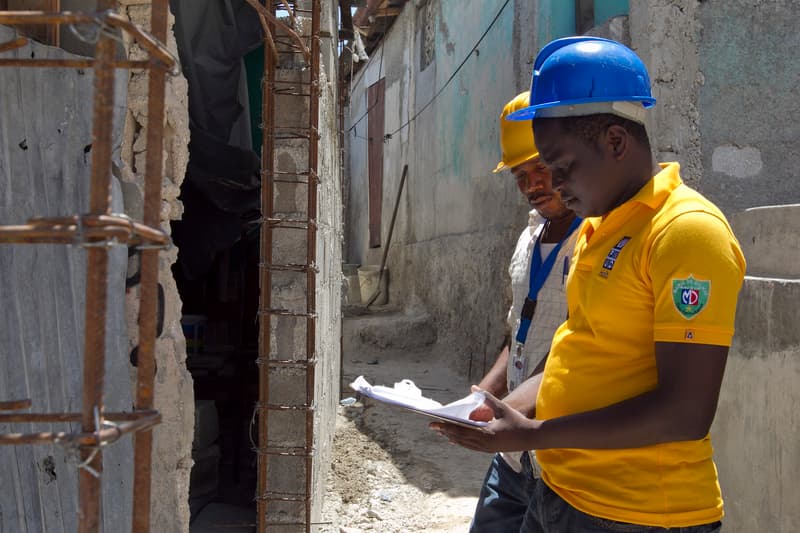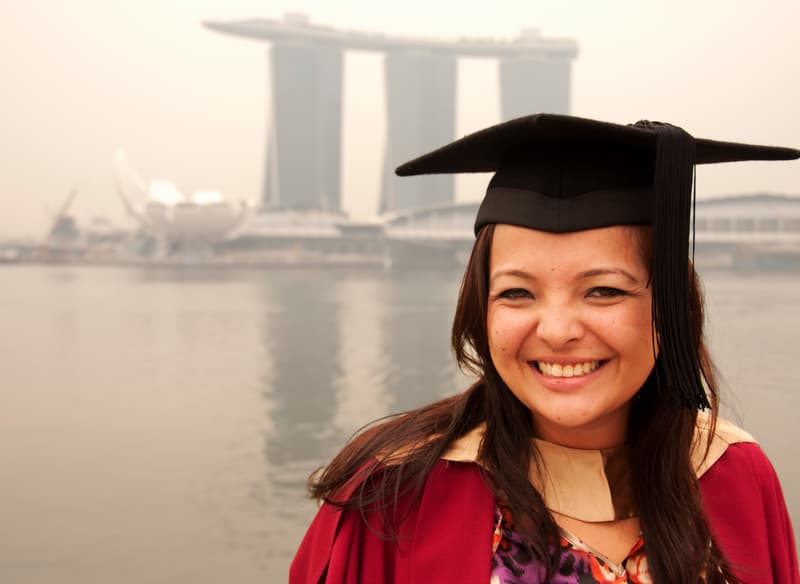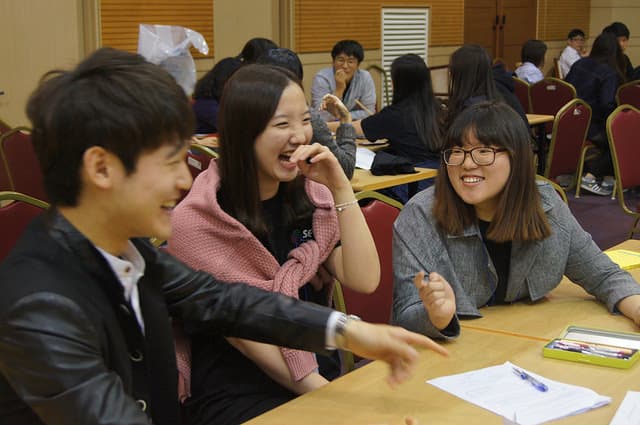Editor, International Consultant
South Sudan
- Organization: UNDP - United Nations Development Programme
- Location: South Sudan
- Grade: Consultancy - International Consultant - Internationally recruited Contractors Agreement
-
Occupational Groups:
- Communication and Public Information
- Translations and Languages
- Scientist and Researcher
- Documentation and Information Management
- Closing Date: 2023-11-29
Background
The permanent constitution-making process in South Sudan, guided by the Constitution-Making Process Act (2022), provides an important entry point to include women’s priorities or aspirations in the Process and the Permanent Constitution. The constitution-making process requires the participation of women by at least 35% in each of the constitution-making process mechanisms, namely the National Constitution Review Commission, the Constitution Drafting Committee, the Preparatory Sub-committee, and the National Constitutional Conference.
The constitution-making process envisages the reconstitution of the National Constitution Review Commission, which shall be the critical institution to conduct multi-phased and multi-faceted public consultations, which cover all constitutional issues of relevance, in collaboration with non-state actors and supported by media platforms. The public consultations shall present fundamental opportunities for the South Sudanese, including women and girls to present their views, aspirations, and priorities, which should be considered for inclusion in the Permanent Constitution.
To enable women and girls to participate actively and articulate their concerns in the permanent constitution-making process, the Ministry of Gender, Child, and Social Welfare (MGCSW) with the support of UN Women, supported the development of the South Sudanese Women’s Charter, which consolidates the priorities and demands of women and girls in the constitution-making process and permanent constitution and calls for legal, policy and/or programmatic interventions to address the concerns of women and girls under the twelve (12) themes of the Charter: women’s participation in politics and public life; education and training; marriage and family; property ownership and inheritance; health and reproductive rights; economic and social welfare rights; equality and freedom from discrimination; special protection of elderly and women with disabilities; protection against gender-based violence; access to justice; environment, natural resources, and climate security; and public finance management reforms.
This Charter is the result of broad consultations at the national and state levels. To formulate the thematic areas of the Charter, a conference was organized in Juba, from 1 to 2 December 2021, to seek a mandate and solicit the views of . Participants included representatives of women groups, human rights organizations, women-led civil society organizations, women signatories to the Revitalized Agreement on the Resolution of the Conflict in the Republic of South Sudan (R-ARCSS), women lawyers, women in business and private sector, youth groups, persons with disabilities, elderly women, women associations, government officials, academia, faith-based organizations, media, and representatives from the ten (10) States and three (3) Administrative Areas of South Sudan. The conference led to agreement on the thematic areas of this Charter.
Following the formulation of the thematic areas of the Charter, a qualitative analysis was carried out from June to August 2022 to understand the current situation of women and girls with respect to the thematic areas of the Charter, data collection tools were formulated, and consultations conducted in the States and Administrative Areas. Among those consulted were women groups, civil society organizations, state parliamentarians, school girls, chiefs, persons with disabilities, elderly women, women in business and private sector, and government officials in Central Equatoria State (Juba), Jonglei State (Bor), Unity State (Bentiu), Upper Nile State (Malakal), Western Bahr El Ghazal State (Wau), Northern Bahr El Ghazal State (Aweil), Eastern Equatoria State (Torit), Lakes State (Rumbek), Western Equatoria State (Yambio), and Pibor Administrative Area. The consultations were done through focus group discussions, questionnaires, and key informant interviews.
The Charter also benefited from the stakeholder consultations with returnees and internally displaced persons (IDPs) on the constitution making and elections processes, jointly done by UN Women, UNHCR, UNDP, UNMISS, and Relief and Rehabilitation Commission from March to July 2023, in Bentiu, Malakal, Bor, Mangala, Yambio, Torit, Magwi, Yei, Wau, Raja, and Juba. Through the consultations, the IDPs and returnees issued communiques that outline their concerns and priorities in the constitution- making process.
The information collected through the various consultations were analyzed and formed the basis for this draft Charter. The draft charter had been used to establish broader consultations with different stakeholders in the country, region, and beyond for additional comments and suggestions about how the Charter could be improved and finalized for publication and wider dissemination.
On 27th – 28th September 2023, the Charter underwent stakeholders’ review and validation in Juba. Participants from all the ten (10) State and Administrative Areas, comprising of the government officials, CSOs, women groups, persons with disabilities, and other stakeholders reviewed and the validated the Charter. Feedback from the national review and validation has been incorporated into the Charter.
UN Women South Sudan Country Office is seeking to recruit an Editor the Charter and design the layout of the Charter agreeable to UN Women’s standard. Therefore, under the overall guidance of the Country Representative, direct supervision of the Deputy Country Representative and close coordination with the Gender Justice Specialist, the Editor is required to perform the following tasks:
Duties and Responsibilities
- Edit, proof-read, and finalize the draft South Sudanese Women’s Charter for final clearance by the UN Women, to ensure grammatical accuracy, factual accuracy, consistent and logical formatting, coherence etc;
- Ensure that all content is free of spelling mistakes, and professionally and logically presented removing redundant content;
- Review, verify and edit to ensure use of gender and culturally sensitive language in the draft Charter;
- Design the layout of the Charter to a standard agreeable to UN Women.
Timelines:
- Part-time contract at daily rate based on agreed days for up to 7 days (5 days for editing and 2 days for the layout) payable days.
Application Evaluation Criteria:
Applications will be evaluated based on the cumulative analysis: A two-stage procedure is utilized in evaluating the applications, with evaluation of the technical application being completed prior to any financial proposal being compared. Only the financial proposal of the candidates who passed the minimum technical score of 50% of the obtainable score of 70 points in the technical qualification evaluation will be evaluated.
- Technical evaluation weight: (70%)
- Financial evaluation weight (30%)
Technical evaluation:
Evaluation Criteria |
Obtainable Score |
Academic qualifications |
10 |
|
At least 5 years of experience in legal research or related fields.
|
15 |
Solid editorial skills with demonstrated ability for logical and analytical writing and editing. |
10 |
Previous experience on editing documents is desired. |
10 |
Ability to work in a fast-paced environment and produce quality work in a short time, within deadlines and under pressure. |
10 |
Proficiency in English writing is required. |
10 |
Prior experience working with the UN is an asset. |
5 |
Total score |
70% |
Only the candidates who have attained a minimum of 50% of total points will be considered as technically qualified candidates who may be contacted for validation interview.
Financial/Price Proposal evaluation: 30%
- Only the financial proposal of candidates who have attained a minimum of 50% score in the technical evaluation will be considered and evaluated;
- The maximum number of points will be allotted to the lowest price proposal that is opened/ evaluated and compared among those technical qualified candidates who have attained a minimum of 50% score in the technical evaluation. All other price proposals will receive points in inverse proportion to the lowest price.
Competencies
Core Values:
- Respect for Diversity;
- Integrity;
- Professionalism.
Core Competencies:
- Awareness and Sensitivity Regarding Gender Issues;
- Accountability;
- Effective Communication;
- Inclusive Collaboration.
Functional Competencies:
- Fluency in English is a requirement;
- Solid editorial skills with demonstrated ability for logical and analytical writing and editing.
- Ability to work in a fast-paced environment and produce quality work in a short time, within deadlines and under pressure;
- Ability to work independently;
- Computer proficiency including Internet and Microsoft Office.
Required Skills and Experience
Education and certification:
- Bachelor’s degree in law, Human Rights, or a related field.
Experience:
- At least 5 years of experience in legal research or related fields;
- Solid editorial skills with demonstrated ability for logical and analytical writing and editing;
- Previous experience on editing documents is desired;
- Proficiency in English writing is required;
- Ability to work in a fast-paced environment and produce quality work in a short time, within deadlines and under pressure;
- Prior experience working with the UN is an asset.
Language Requirements:
- Fluency in English is required
- Knowledge of Arabic is an asset.
Application Information:
- All applications must include (as an attachment) the completed UN Women Personal History form (P-11) which can be downloaded from
- Kindly note that the system will only allow one attachment, scan your documents into one single file. Applications without the completed UN Women P-11 form will be treated as incomplete and may not be considered for further assessment.
Qualified women candidates are highly encouraged to apply.
-
Note:
In July 2010, the United Nations General Assembly created UN Women, the United Nations Entity for Gender Equality and the Empowerment of Women. The creation of UN Women came about as part of the UN reform agenda, bringing together resources and mandates for greater impact. It merges and builds on the important work of four previously distinct parts of the UN system (DAW, OSAGI, INSTRAW and UNIFEM), which focused exclusively on gender equality and women's empowerment.


